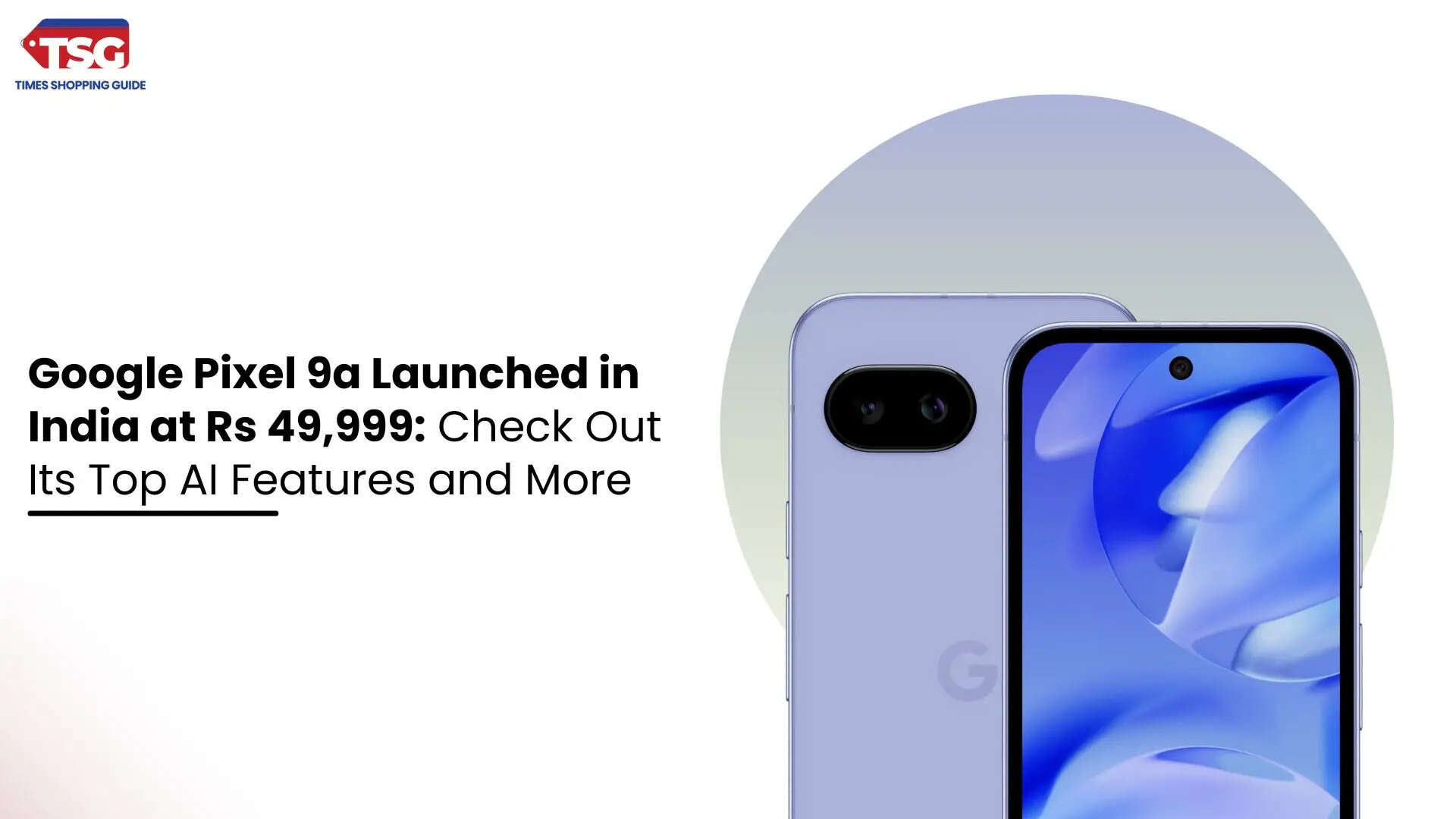OpenAI Will Create Its Own Browser to Compete With Google Chrome
OpenAI reportedly plans to launch its own web browser to compete with Google Chrome. This move comes as OpenAI also explores power deals with AI-driven search features. While the browser project is still early, it could blend generative AI capabilities with traditional browsing, creating a more integrated and intuitive user experience.

While specific details about the browser are still under wraps, industry insiders suggest that OpenAI is exploring ways to integrate its powerful language models and AI capabilities into the browsing experience. This could potentially lead to a range of groundbreaking features, including:
- AI-Powered Search: By leveraging OpenAI's advanced language models, the browser could offer more accurate and relevant search results, understand complex queries, and provide comprehensive answers.
- Intelligent Content Summarization: The browser could automatically generate concise summaries by analysing web pages, saving users time and effort.
- Enhanced Web Page Translation: Real-time translation of web pages into multiple languages could break down language barriers and facilitate global access to information.
- Personalized Web Experiences: Tailored recommendations, content filtering, and user interface customization based on individual preferences and browsing habits.
- AI-Assisted Writing and Editing: The browser could provide real-time writing assistance, suggesting improvements, correcting grammar, and even generating text.
OpenAI's foray into the browser market aligns with its mission to develop and promote friendly AI that benefits humanity. By creating a more intelligent and user-friendly browsing experience, the company aims to empower users and redefine how we interact with the web.
However, the challenge of competing with Google Chrome, a browser that has become synonymous with the internet itself, is significant. Chrome's vast user base, extensive ecosystem of extensions, and seamless integration with Google's suite of services give it a solid competitive advantage.
To succeed, OpenAI's browser must offer a truly compelling value proposition, differentiating itself from Chrome and other popular browsers. This could involve a combination of innovative features, superior performance, and a strong focus on user privacy and security.
As the project progresses, whether or not OpenAI can deliver on its ambitious vision and capture a significant market share remains to be seen. If successful, this could mark a new era of AI-powered web browsing, transforming how we interact with the digital world.













